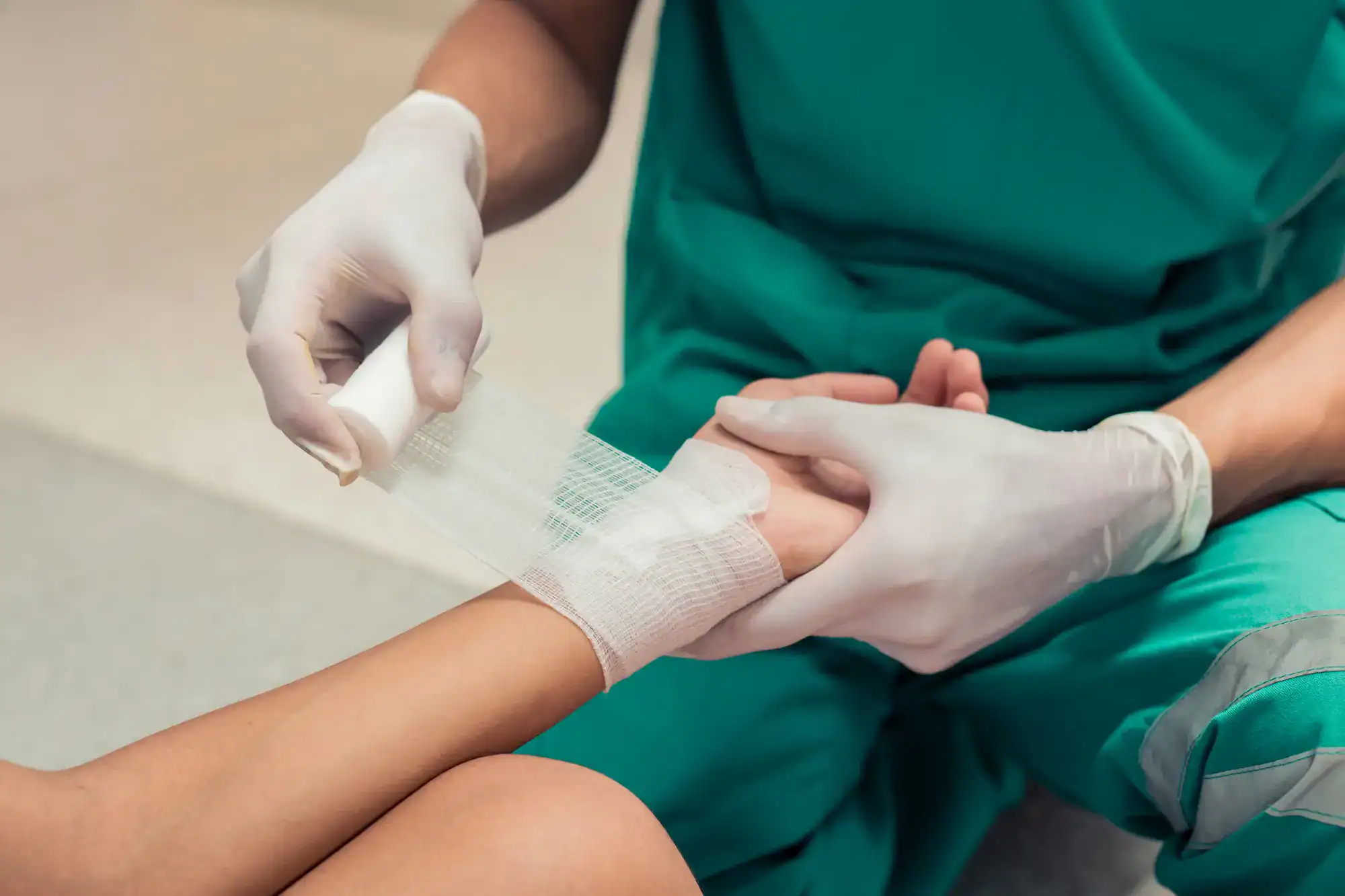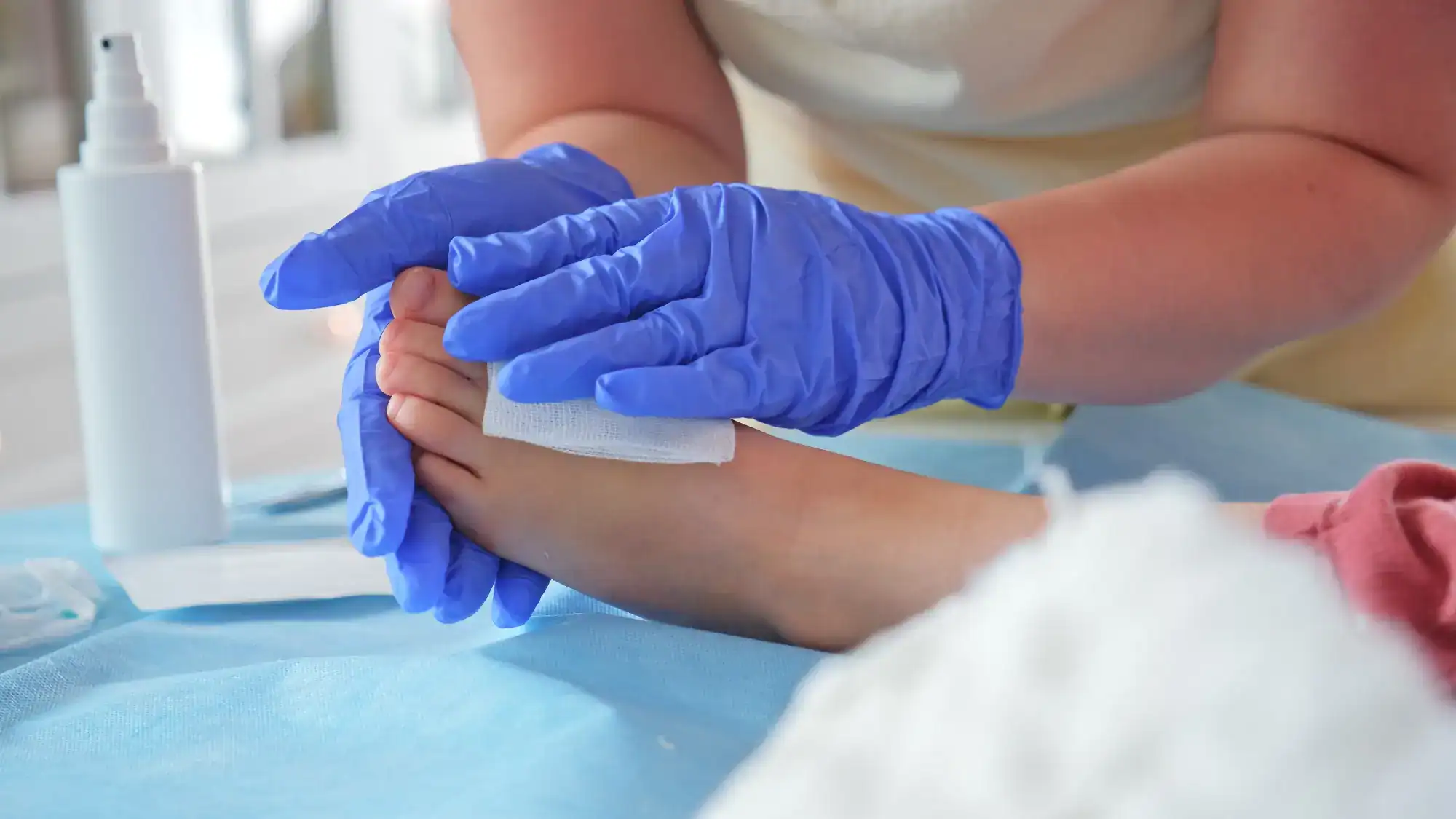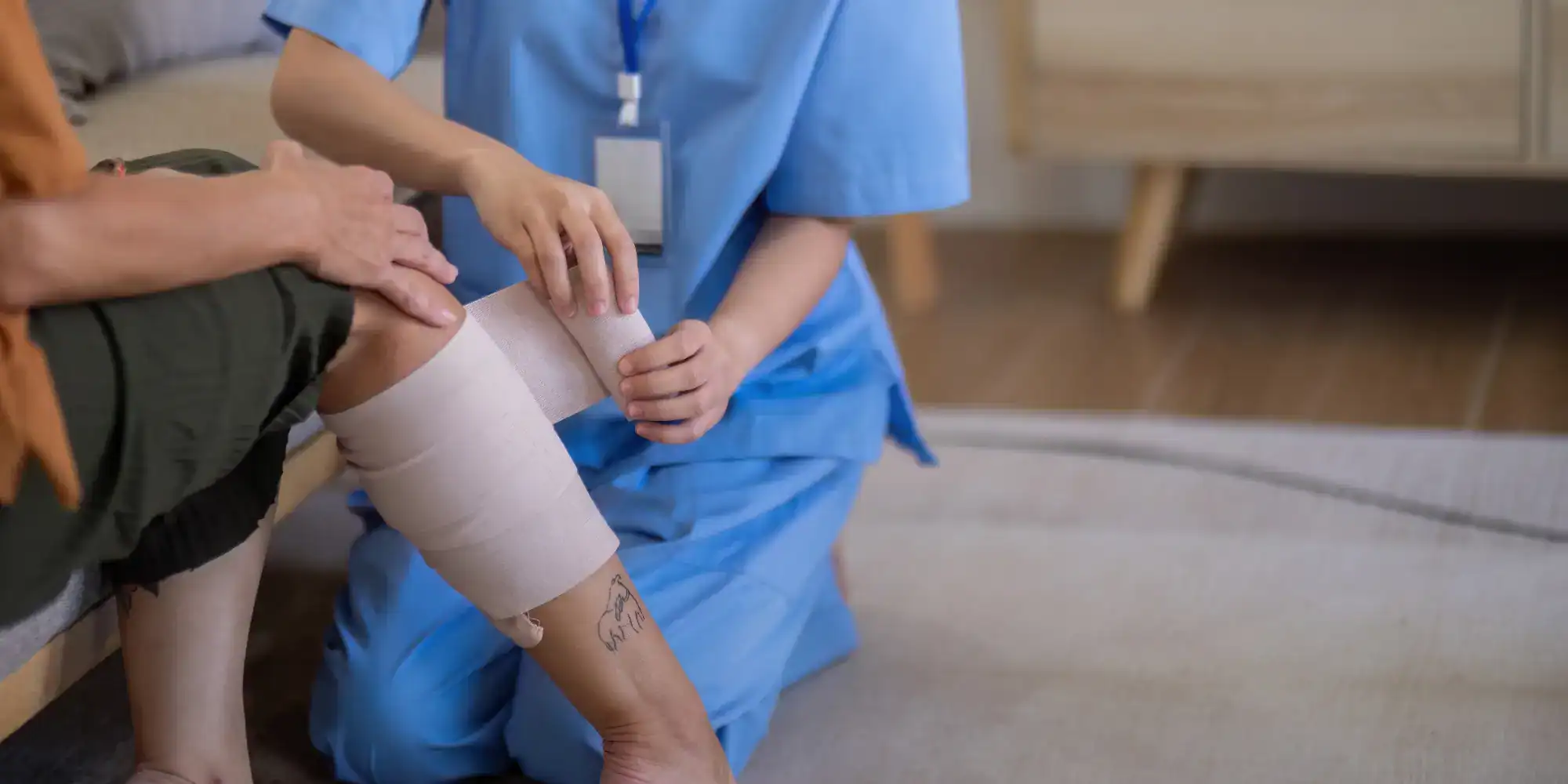Advanced wound care that gets you back to living your life without constant worry about infection or setbacks.

See What Our Customers Think

You’re not dealing with another bandage change that leads nowhere. You’re getting treatment that actually works.
When wounds heal properly, you stop worrying about every minor bump or scratch becoming a major problem. You’re not scheduling your life around doctor visits or wondering if this is the infection that changes everything.
The difference is having someone who understands why your wound isn’t healing and knows exactly what to do about it. Not just covering it up and hoping for the best.
MedXclusive focuses on what most doctors don’t have time for – figuring out why your wound isn’t responding to standard treatment.
We’ve been treating complex wound cases in Bridle Path Acres for years. The patients who come to us have usually tried everything else first.
Our approach is simple: identify what’s preventing healing, address those specific issues, and monitor progress closely until you’re actually better.

First, we figure out what’s really going on. Most wounds that won’t heal have underlying issues that standard treatment misses – circulation problems, infection, diabetes complications, or medication interactions.
We assess your wound, your health history, and what treatments you’ve already tried. Then we create a treatment plan that addresses the root cause, not just the symptoms.
You’ll come in for regular monitoring and treatment adjustments. We track healing progress closely and modify the approach if needed. No guessing, no hoping it gets better on its own.

Ready to get started?
Comprehensive wound assessment that identifies why healing isn’t happening. We look at circulation, infection markers, blood sugar control, and any other factors affecting recovery.
Advanced wound treatments including specialized dressings, infection control, and therapies that promote faster healing. We coordinate with your other doctors to make sure everything works together.
Regular monitoring visits to track progress and adjust treatment as needed. You’re not left wondering if it’s working – we measure healing and modify the plan based on results.
